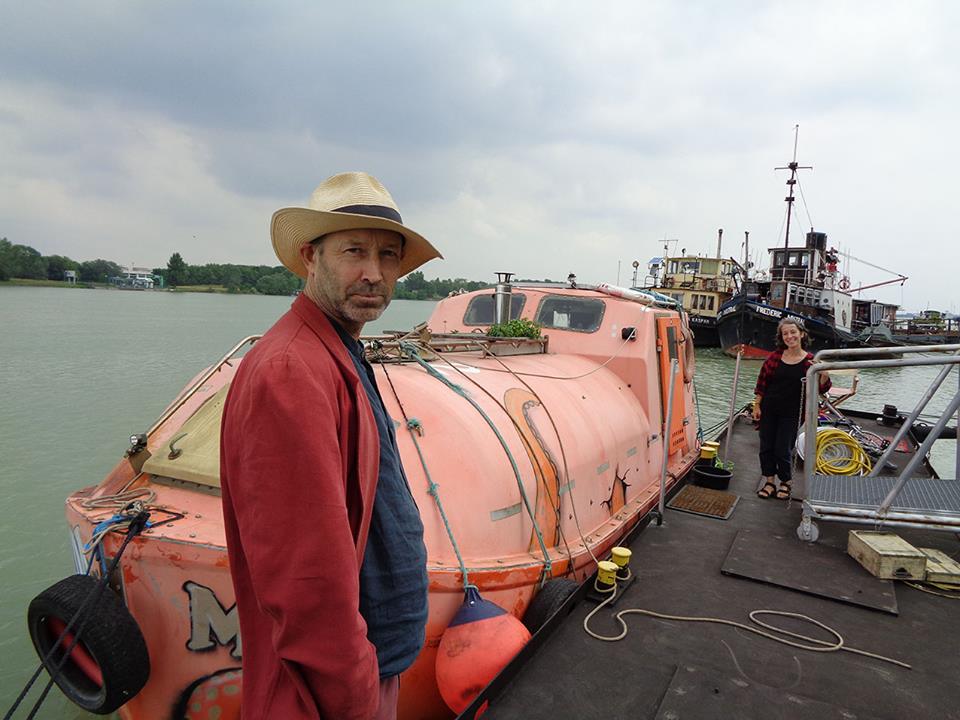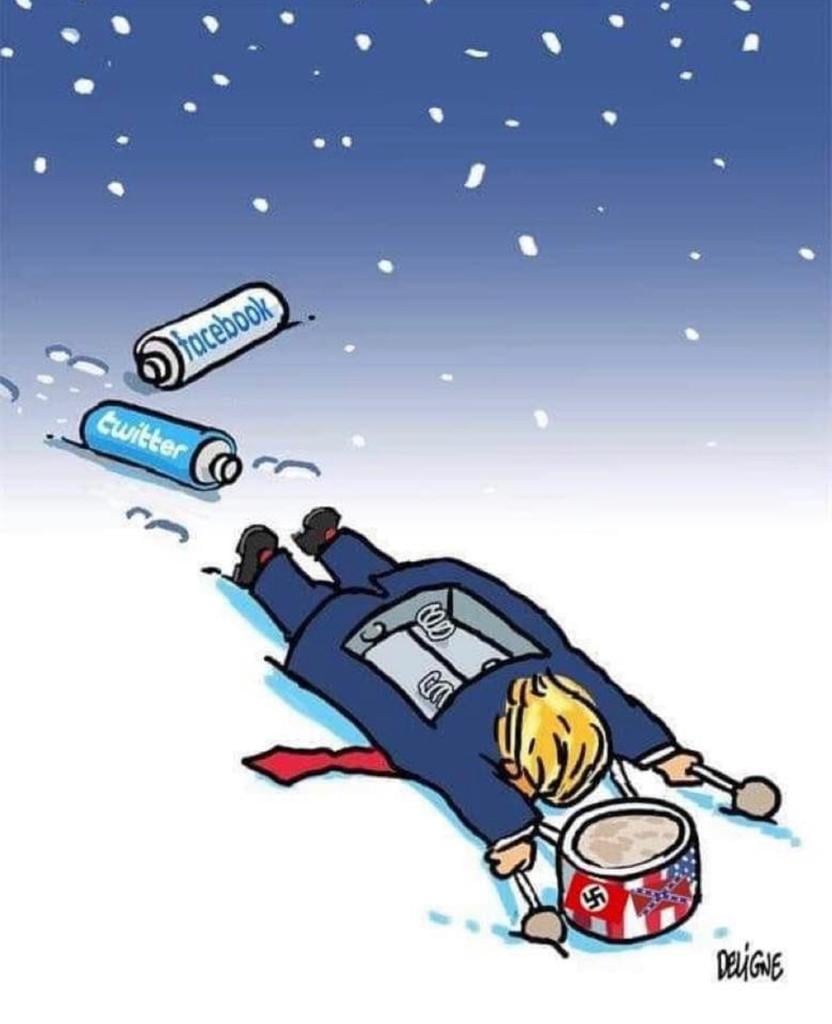Looking back at the old TubeMogul stats – the archived page from 2011 – I had a jolt:
18 million verified views, and when you added the torrent distribution, RSS syndication, video CDROM redistribution, and all the edge-case channels we seeded into, the total was closer to 34 million views. These were big numbers back then.
All grassroots, all #KISS, all built on the early #openweb ethos, that number matters, not for vanity, rather, it showed proof-of-work for what a truly decentralized media network could do before the #dotcons consolidated their grip.
People forget this now, but #visionOntv was one of the earliest real-world demonstrations of the idea behind what we have now with the #Fediverse, years before the word existed:
- distributed hosting
- open content flows
- creative commons
- no algorithmic manipulation
- human curation
- peer-to-peer distribution
- training and empowerment as core paths
This wasn’t theory, it was practice, in the era just before the enclosure of the Web took hold. The original vision – visionOntv’s mission statement from back then – looking at it now through the Web Archive – still works:
“Are you feeling dejected and bored? Does mainstream media make you feel ill? Then get off your ass…” This wasn’t branding, it was the cultural tone of a time when people still believed the internet could change things, and it genuinely did. visionOntv was a platform, seed for a network, built around a simple idea: video for social change, delivered in formats normal people could actually use.
We were deliberately designing for the “lean-in / lean-out” model before UX people had the words for it. You could sit back and watch it as TV. Or you could click deeper, link up to the grassroots campaigns behind the stories, jump straight into action.
The point was always outreach, always getting beyond the activist bubble, aways trying to plant seeds of agency in ordinary people, that “compost” metaphor we still use today. Quality, not chaos, visionOntv was not open-publishing, we had a quality threshold, we mentored people into producing work that worked, visually, politically, narratively, not gatekeeping, but gardening.
This is something the #openweb forgot: freedom isn’t the same as noise. We were trying to hold onto a craft tradition inside a political one. Tools, Training, and #4opens. We pushed #FOSS open source production tools as far as they could go, but we weren’t dogmatic. If a corporate tool was necessary for outreach, we used it. The guiding star was always:
Does this help media democracy grow?
Does this empower real people?
Does this keep the compost fertile?
And because we distributed everything in Creative Commons non-commercial, people everywhere could download, remix, project in their communities, hand out self copied video CDs to run their own screenings. One broadband connection could feed a whole neighbourhood. That was media democracy. Again: this was proto-Fediverse thinking before the word existed, this was a people’s broadcasting network built on the #4opens.
What happened, the #dotcons consolidated – Facebook, YouTube, Twitter – and sucked the air out of open distribution. We were publishing into a storm of #enshittification before the word was coined. And of course we tried to ride the wave, keep the doors open, keep the channels alive. But the gravity of centralized platforms crushed the ecology, distribution dried up.
The “lean-in/lean-out” mechanism was rendered obsolete by the algorithmic feed. The early #P2P ecosystems were squeezed by copyright paranoia and corporate capture. It wasn’t that visionOntv failed, the Web changed around it, in the same way soil ecology collapses when a monoculture plantation takes over.
The #Peertube Era That… Almost Happened. When the #Fediverse bloomed, we did the obvious thing: we pushed all the video archives, feeds, and channels onto PeerTube. It was the correct move, and we were there early. But PeerTube was young, fragile, underfunded, underhyped. And unlike the massive #dotcons, decentralized tech requires community support to stay alive.
We didn’t get that support, so the server went dark. And now the whole archive – all that history, all that outreach, all the proof-of-work – sits offline. This isn’t a guilt trip, it’s a call-out to the people who care about the #openweb: Come on, folks, let’s bring visionOntv back https://opencollective.com/open-media-network/projects/visionontv






